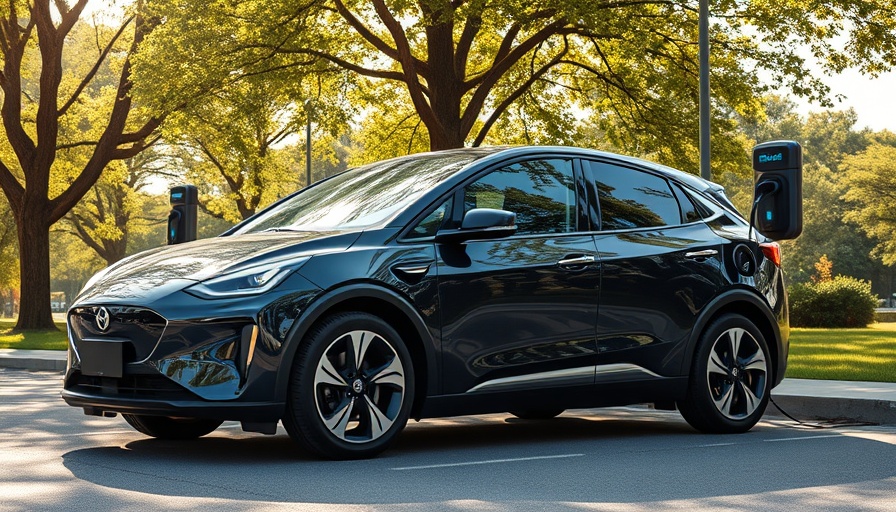
Harnessing the Power of Electric Vehicles
In a significant step towards sustainable energy solutions, South African startup Zimi has secured $320,000 in grant funding from the Energy and Environment Partnership (EEP Africa Trust Fund). This funding will be utilized to test innovative vehicle-to-grid (V2G) technology, turning electric vehicles (EVs) into backup power supplies for homes, businesses, and the national grid.
The Promise of Vehicle-to-Grid Technology
Vehicle-to-grid (V2G) technology presents a revolutionary approach to managing energy resources. It allows EVs to not only consume energy but also to send it back to the grid during peak demands. This dual function can provide relief to South African households facing frequent load shedding and grid instability. According to Michael Maas, Zimi’s CEO, the project aims to explore the practical applications of V2G technology, understand its challenges, and develop a viable commercial model within existing grid frameworks.
Collaborations Driving Change
Zimi is strategically partnering with major logistics companies to serve as early adopters of EVs and to utilize V2G technology. This approach not only reduces operational costs and carbon emissions for these businesses but also fosters a culture of innovation within the African tech landscape. As logistics operations pivot toward sustainability, fleets can effectively become active participants in energy management, creating a positive impact across multiple sectors.
Future Implications for African Tech Startups
The adoption of sustainable technologies like V2G presents an abundance of opportunities for African startups. As the market for electric vehicles and related technologies matures, innovators can lead the charge in shaping a green economy. This shift not only addresses energy challenges but also opens pathways for business advancements in AI, fintech, and automation, hallmarks of the digital transformation across Africa.
Investing in a Sustainable Future
For investors and venture capitalists, Zimi’s venture symbolizes a new wave of tech disruption with the potential to redefine energy usage in Africa. By focusing on green innovation, stakeholders can nurture a vibrant startup ecosystem that champions sustainability while addressing socio-economic challenges in an increasingly digital world.
As electric vehicles become commonplace, making informed investments and supporting companies like Zimi could pave the way for a sustainable future. The marriage of technology with environmental consciousness not only promises profitability but also the enhancement of shared communal resources for all.
This leads to broader implications: as Africa continues to innovate and adopt disruptive technologies, understanding initiatives like V2G helps shape decisions that can foster sustainable growth within the continent, benefitting everyone from investors to everyday consumers.
 Add Row
Add Row  Add
Add 


Write A Comment